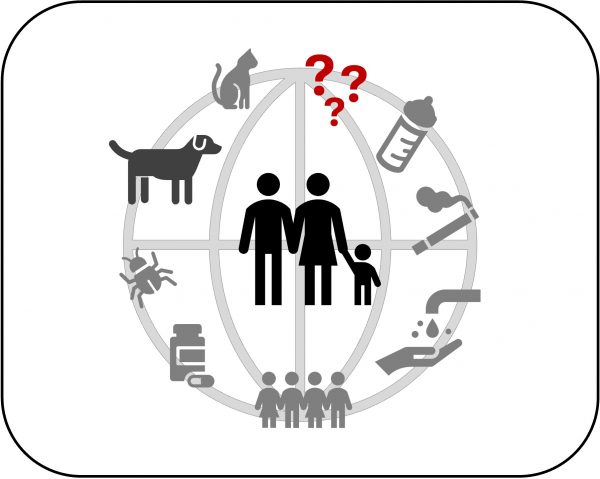Gene-environment interaction analysis paper published in the journal Allergy

June 2025
Atopic eczema occurs because of complex interactions of genetic variation with environmental factors. The rapid rise in atopic disease in recent years shows the importance of environmental effects, but defining exactly which aspects of our environment are harmful or beneficial is a big challenge.
Prof Brown co-led an international consortium in research taking more than 5 years, bringing together population studies including more than a quarter of a million people. The consortium investigated the effects of 24 known genetic risk variants and a selection of environmental effects. The 18 environmental factors were chosen with input from the patient group Eczema Outreach Support as well as dermatologists and research leaders.
Our work revealed evidence for interactions of genetic risk with antibiotic use, cat or dog ownership, breastfeeding, smoking and washing practices in early life, and having an elder sibling. The team in the Brown Lab investigated in more detail the most consistent interaction – dog ownership and one specific DNA variant. We know from population studies that dog ownership may be protective, but this new work demonstrated evidence of a molecular effect through IL-7R on skin cells.
Further work is needed, but this finding points to a specific molecular pathway that could in the future be used to help prevent eczema.
There was a lot of media interest in this exciting finding, including live radio and TV interviews 🙂
You can read the publication in full here.
